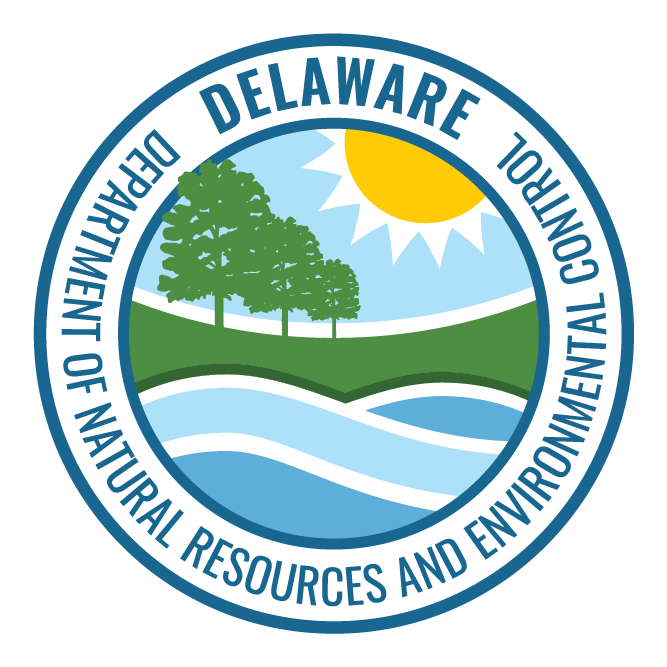Pages Tagged With: "nature"
More Than a Drink of WATAR
Safer water for us, less flooding and shad returning to their spawning grounds in the Brandywine River. Our WATAR team is making it happen.Hanging with the Bats
Many of us are scared of bats. But they’re far more beneficial than harmful – and they’re not out to get us.Gone Herpin’ — DNREC Catalogs Delaware’s Reptiles and Amphibians
As anyone who’s searched for them knows, finding snakes, turtles, frogs and other reptiles or amphibians isn’t always easy. For conservationists, who must develop detailed plans around propagating species that are typically rare to begin with, it can be even more difficult. Experts have too often lacked good data about these critters, including where exactly they live. Mapping the range of every species in our state is a very big task. But, thanks to a very extensive project that took the better part of a decade, the Delaware Department of Natural Resources and Environmental Control now has a better idea about the location of reptiles and amphibians here.Our Own Toliara
Toliara is a radiated tortoise who lives at the Brandywine Zoo. Radiated tortoises are reptiles and considered among the most beautiful in the world. His ancestors emerged on land shortly after dinosaurs became extinct some 65 million years ago.What About Kestrels? DNREC is Finding Out
The American kestrel is a pint-sized yet ferocious aerial predator notorious for taking out tree swallows or bluebirds in mid-air. About the size of a mourning dove, this raptor is the smallest and most colorful falcon in North America. But the species is also in danger. Kestrel populations have been falling, with the Mid-Atlantic region experiencing the greatest decline.Jellyfish to Watch Out For
Are you planning to go for a swim? If so, you may encounter jellyfish because they love warm water. And there are several species of jellies you should keep a watchful eye on as you venture out for a dip.Wildlife Enthusiasts – Check Out Improved Access to the Bayshore!
Enjoy birding, boating, fishing, hiking, hunting, taking photographs or just watching wildlife in their natural habitats when you visit the Delaware Bayshore. It doesn’t take much effort to find your favorite spot to enjoy some time outdoors.Everything Including the Kitchen “Sink” — Delaware’s Artificial Reefs
Over 20 years, Delaware has recycled more than two million tons of rock, 100,000 tons of concrete, 86 tanks and armored personnel carriers, 1,329 retired subway cars and 27 retired vessels to create new, artificial reefs.Topic: Wildlife and Fish
DNREC’s Division of Fish & Wildlife manages nearly 50,000 acres of land that provides habitat for a multitude of wild plants, animals, fish, insects and rare species of all kinds. And it spearheads several important wildlife and habitat conservation and education initiatives, including the Wildlife Species Conservation and Research Program and the Delaware Shorebird Project.Page: 12 of 2 total pages




